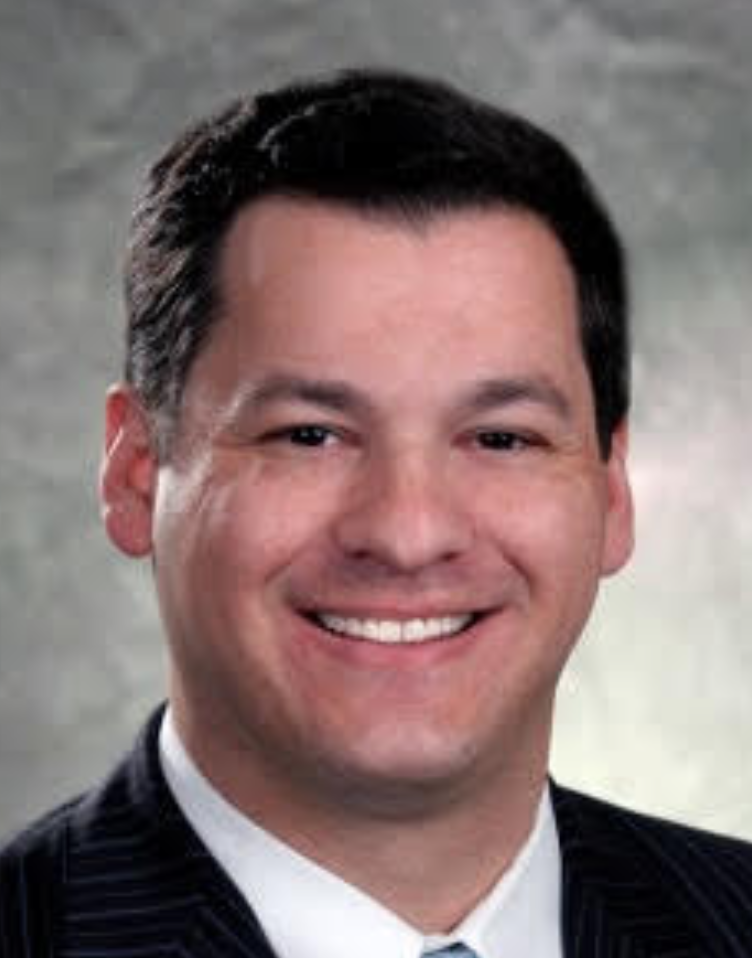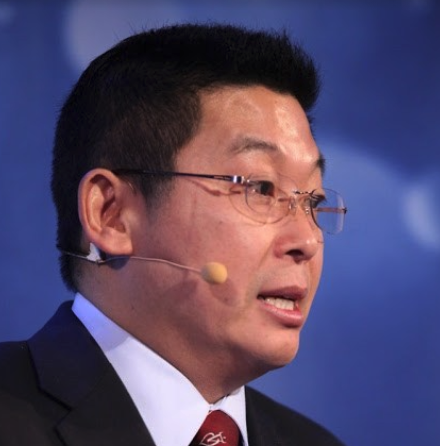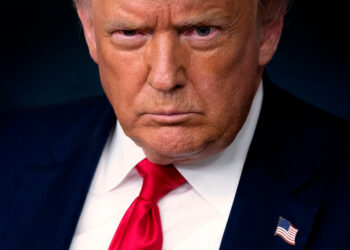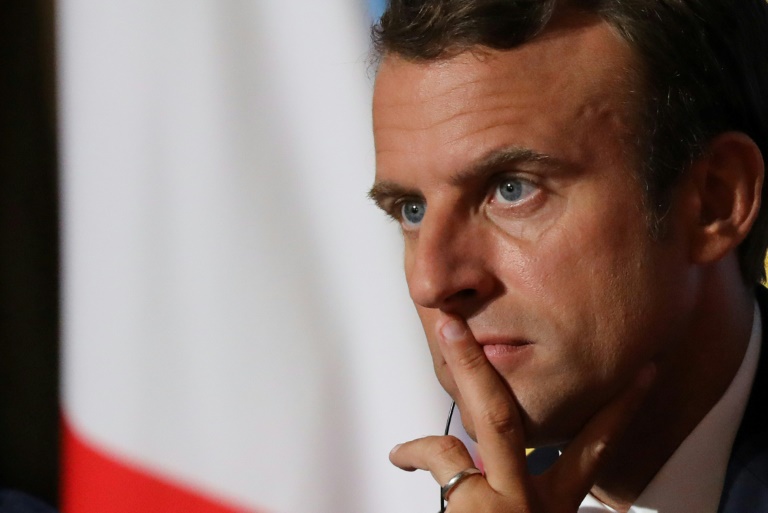In late November, the United States gained a new citizen. As Boston Celtics center and Turkish-American Enes Kanter Freedom stood on the courthouse steps, he proudly announced his citizenship and lauded our country’s greatest achievements: “You’ve got freedom of speech, freedom of religion, freedom of expression, freedom of press.”
Throughout his career, Enes has strived to promote this legacy by speaking out against human rights abuse off the court.
Enes courageously advocates for human rights and democracy against some of the world’s most repressive governments. He uses his Celtics platform to advocate for democracy and self-determination in Taiwan and Hong Kong and to protest the mass detention and forced labor of ethnic Uyghurs in Xinjiang, China.
President Tsai Ing-wen of Taiwan, a critical US ally, has personally commended Enes for his activism. He has been recognized by multiple US Senators as a stalwart in the face of authoritarian intimidation, and he is a role model for other professional athletes, for young people, and for all those who are committed to living in truth.
But while freedom of expression defines democracy, it is precarious. The International Covenant on Civil and Political Rights protects the human right to freedom of opinion and peaceful expression. Yet, Enes faces enormous backlash for his advocacy.
After criticizing Turkish President Recep Tayyip Erdoğan for mass detentions of political prisoners, Enes was banned from Turkey and his passport was revoked.
A Chinese media source banned Celtics games from its streaming service when Enes called President Xi Jinping a “brutal dictator.”
And after Enes attacked LeBron James for prioritizing “money over morals” in his $30 million a year endorsement deal with Nike, a company known for using Uyghur slave labor in Xinjiang, James argued Enes was “trying to use my name to create an opportunity for himself.” It is a tragic commentary on James that he is incapable of imagining a world in which a person might stand for principle rather than act in their own financial self-interest.
Bigger Than Basketball
In our experience, those with power only behave so defensively when they have something to hide. The same can be said for companies when they prioritize profit over human rights.
In an interview with CNN, Enes illuminated a form of hypocrisy within the NBA — it is outspoken on some movements, such as Black Lives Matter, but silent on China because the market is so lucrative. The NBA allegedly asked Enes to refrain from wearing his “Free Tibet” shoes in Boston’s season opener. Following the ban on Celtics games in Chinese media, Enes’ playing time reached a career-low average this season and is now hovering at an average of only 12.7 minutes per game.
When nefarious forces threaten to undermine freedom of expression, we must act to protect this fundamental human right. In Enes’ words, “this is bigger than basketball.”
The Celtics’ head coach, Ime Udoka, has said that “guys have the right to express their views,” and the team’s President of Basketball Operations, Brad Stevens, has affirmed that “we’re always going to support any of our players and their right to freedom of speech and expression.”
Yet Enes could be released as a free agent as early as this week. But whether the Celtics will abide by their first principles and keep Freedom on the team remains to be seen.
Right Side of History
Last month, Nobel Peace Prize Laureates Jody Williams and Shirin Ebadi wrote to Celtics CEO Wycliffe Grousbeck saying “The Celtics now face a defining moment: Will it make the hard choice to stand with Enes or will it succumb to the pressure and prioritize profit over its values?”
And a group of 16 non-profit organizations including the Tibetan Association of Boston and Boston Buddhist Meditation Center also wrote to Grousbeck saying “Enes’ advocacy is a shining part of the Bay State’s legacy” and that letting him go would “be a betrayal of Massachusetts values.”
We are heartened by the recent moves of both the Women’s Tennis Association, which suspended its tournaments in China until the government decides to “verifiably prove that Peng [Shuai] is free and able to speak without interference or intimidation,” and the US government, which is planning a diplomatic boycott of the 2022 Beijing Olympics.
We urge the Celtics to also stand on the right side of history.

Jared Genser (@JaredGenser) is an international human rights lawyer and the founder and Managing Director of Perseus Strategies, an international human rights law firm known for its work representing political prisoners, and the founder of Freedom Now.
Referred to as “The Extractor” by The New York Times, he has previously represented pro bono Czech Republic President Václav Havel, Yang Jianli, and Nobel Peace Prize laureates Desmond Tutu, Liu Xiaobo, and Elie Wiesel.
He is a recipient of the 2020 Tallberg Eliasson Global Leadership Prize, and he is an adjunct professor of law at Georgetown University Law Center.
He is the author of The UN Working Group on Arbitrary Detention: Commentary and Guide to Practice (Cambridge University Press, 2019), and co-editor of The UN Security Council in the Age of Human Rights (Cambridge University Press, 2016) and The Responsibility to Protect: The Promise of Stopping Mass Atrocities in Our Times (Oxford University Press, 2011).

Dr. Yang Jianli (@yangjianli001) is a scholar and democracy activist who is internationally known for his efforts to promote democracy in China. He was forced to flee China in 1989 after the Tiananmen Square massacre.
He is the founder and President of the Citizen Power Initiatives for China, an organization dedicated to advancing a peaceful transition to democracy in China.
Dr. Yang was illegally imprisoned by the Chinese government in 2002, and, after an extensive campaign by Freedom Now, including a UN resolution and a unanimous vote by both houses of the US Congress, he was eventually released in 2007.
In March 2010, Dr. Yang co-chaired the Committee on Internet Freedom at the Geneva Human Rights and Democracy Summit. In December 2010 at the Nobel Peace Prize award ceremony, he represented Liu Xiaobo, a detained political prisoner of China who would die in the CCP’s custody in 2017.
Disclaimer: The views and opinions expressed here are those of the author and do not necessarily reflect the editorial position of The Globe Post.






















